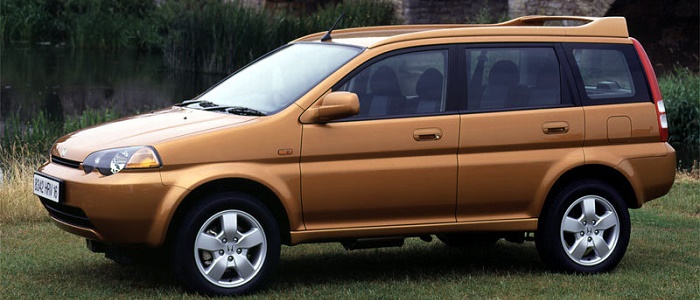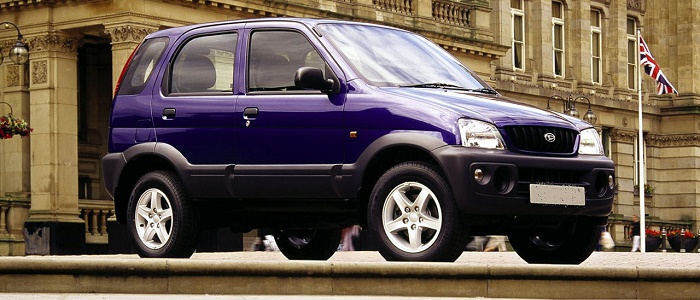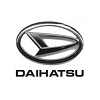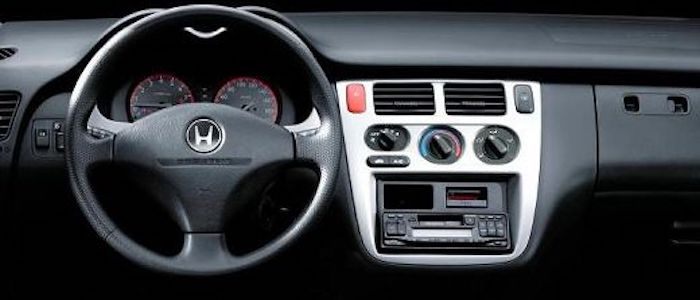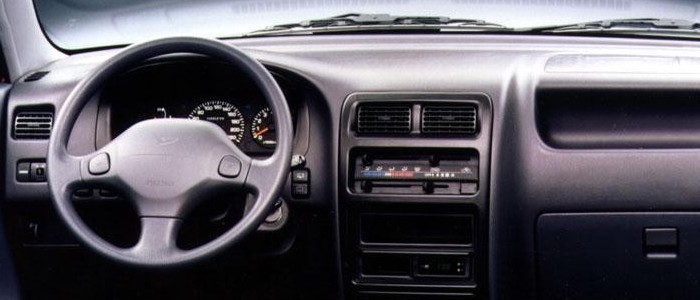Compare two cars
Compare any two cars and get our Virtual Adviser™ opinion
Dimensons & Outlines
Engine
Performance (manual gearbox)
Performance (automatic gearbox)
Expenses
Virtual Adviser's™ opinion
Well, these are two pretty similar cars we have here! It's only details that could potentially make the difference. Considering they both belong to the suv segment and utilize the same 5-door suv body style and the 4 x 4 wheel drive system, it all comes up to the specific petrol engine choice they offer. The first one has a Honda-engineered powertrain under the hood, a 4-cylinder, 16-valves 105hp unit, while the other one gets its power and torque from a 4-cylinder, 16-valves 87hp engine designed by Daihatsu.
SafetyUnfortunatelly, neither of the two vehicles was submitted to the European New Car Assessment Programme (Euro NCAP) testing. This makes it virtually impossible for me to pick one over the other and I'm generally against buying such cars as the safety should really always come first. Still, apart from the official crash test results there are other things we need to be aware of. Both vehicles belong to the suv segment, which is generally a very good thing safety-wise, still it doesn't help us solve our dilemma, does it? Furthermore, if we'd like to consider vehicle mass in this context too, which we definitely should, HR-V offers a considerable difference of 12% more metal.
ReliabilityReliability is not the best thing to consider on the make level, but it is worth mentioning that both brands display similar results in faults and breakdowns, when all the models are taken into account. These are the official statistics, while our visitors describe reliability of Honda with an average rating of 4.7, and models under the Daihatsu badge with 4.2 out of 5. The same official information place HR-V as average reliability-wise, and Terios is more or less at the same level.We should definitely mention that owners of cars with the same powertrain as HR-V rank it on average as 3.7, while the one under the competitor's bonnet gets 4.5 out of 5.
Performance & Fuel economyHonda is way more agile, reaching 100km/h in 4 seconds less than its competitor. In addition to that it accelerates all the way to 162 kilometers per hour, 17km/h more than the other car. When it comes to fuel economy the winner has to be Terios, averaging around 7.2 liters of fuel per 100 kilometers (39 mpg), in combined cycle. We can't ignore that 19% difference compared to HR-V.
Verdict
Daihatsu appears just a bit more reliable, although the difference is truly marginal. The most important thing when deciding between any two vehicles should always be safety, both passive and active. In my opinion, everything taken into account, HR-V offers significantly better overall protection, taking the lead here. It all continues in the same direction, with Honda outracing its opponent in any situation possible, making it better choice for boy racers. It does come at a cost though, and that's the fuel consumption... No mistake, whatever you decide here, but I'd still go for the Honda. Nevertheless, let's not forget that people have different preferences and needs, so what really counts is your personal feel. I'm only here to help. I suggest you spend two more minutes in order to find out which car, based on your needs and budget, would be picked by the virtual adviser™, among thousands of similar, yet so different vehicles.























